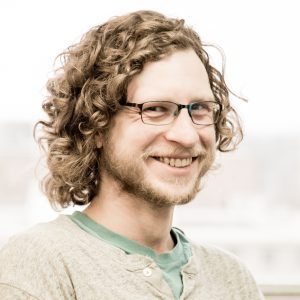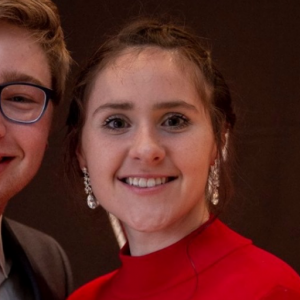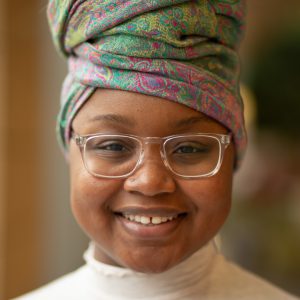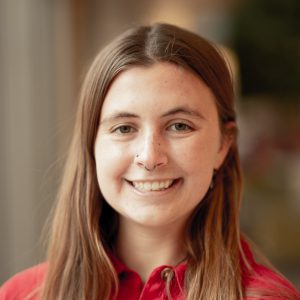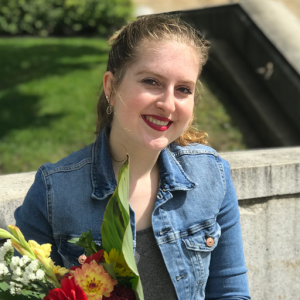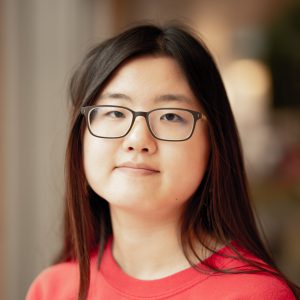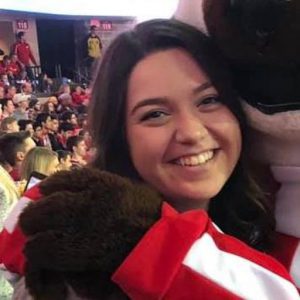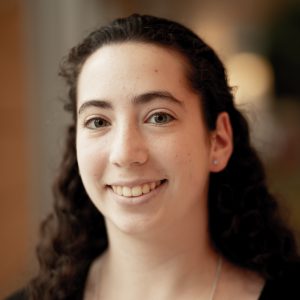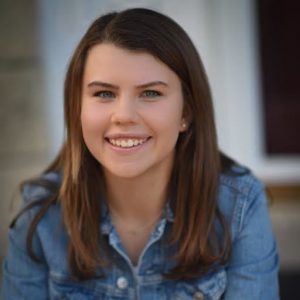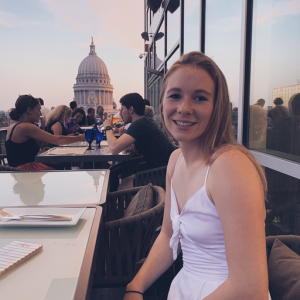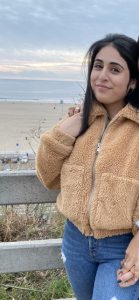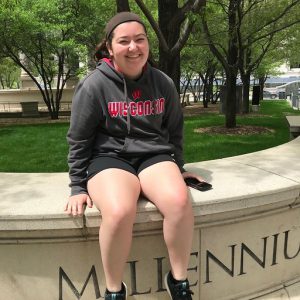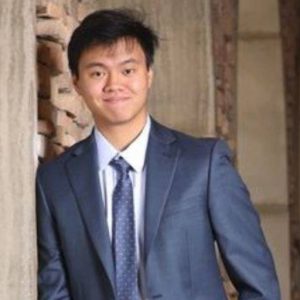Lab Directors
Maryellen C. MacDonald
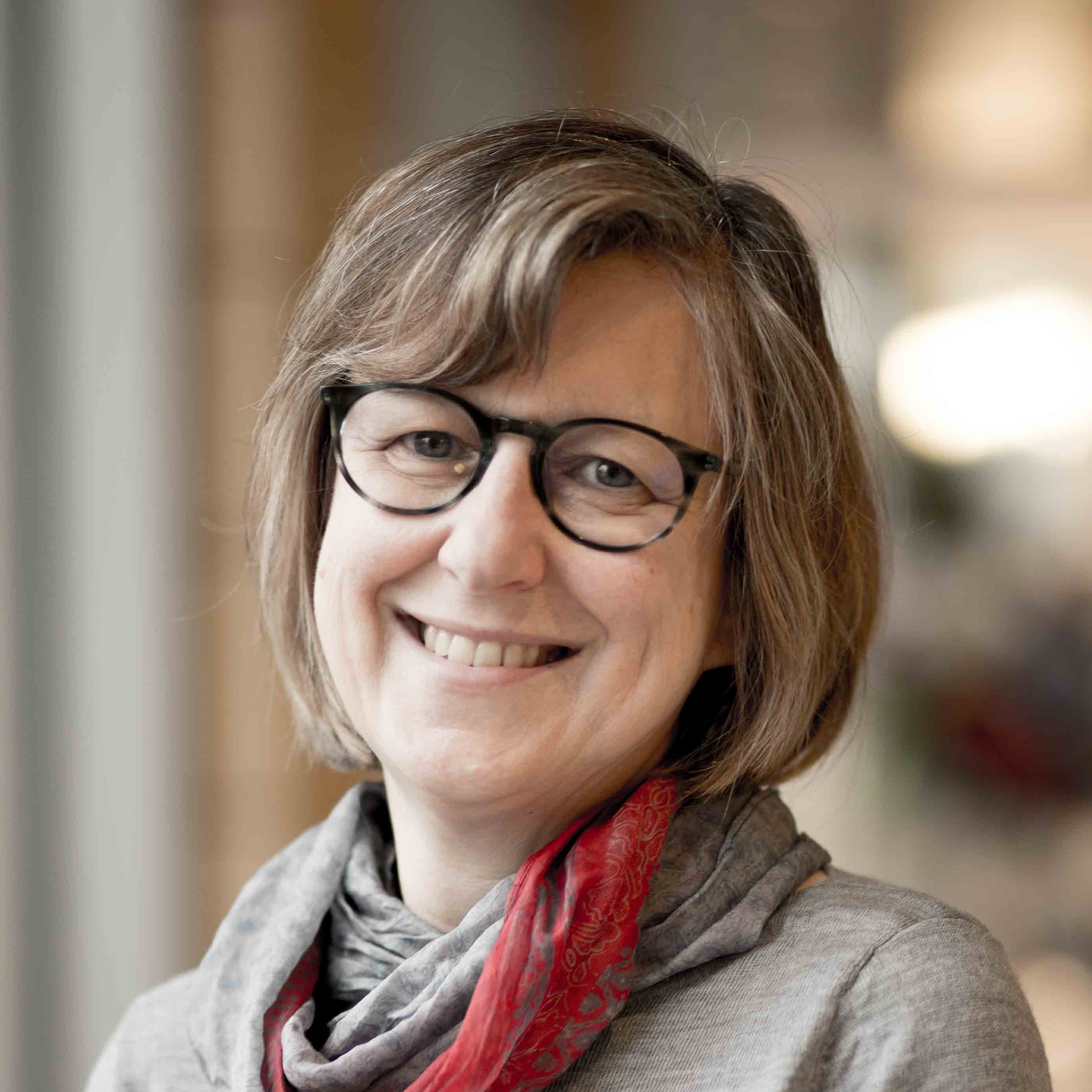 Donald P. Hayes Professor of Psychology
Donald P. Hayes Professor of Psychology
Professor of Psychology at the University of Wisconsin-Madison
Ph.D. in Psychology, 1986, University of California, Los Angeles
E-Mail: mcmacdonald@wisc.edu Phone: (608) 262-3986 Fax: (608) 262-4029 532 Psychology Building
The relationship between language production, comprehension and working memory.
Mark S. Seidenberg
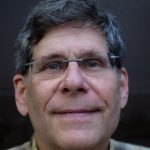 Vilas Research Professor
Vilas Research Professor
Donald O. Hebb Professor
Psychology and Cognitive Neuroscience
Professor of Psychology at the University of Wisconsin-Madison
Ph.D., 1980, Columbia University
E-Mail: seidenberg@wisc.edu Phone: (608)263-2553 Fax: (608) 262-4029 534 Psychology Bldg
Reading, dyslexia, learning, brain. Brief summaries of current projects are here.
Postdoctoral Research Associates
Cassandra Jacobs
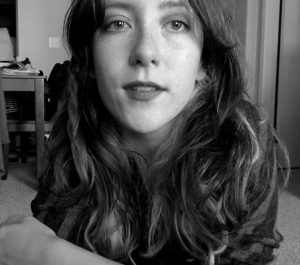 Postdoctoral Research Associate
Postdoctoral Research Associate
E-Mail: cjacobs2@wisc.edu 618 Psychology Building
How language use reflects learning and experience, and how language can impact memory.
Lilia Rissman
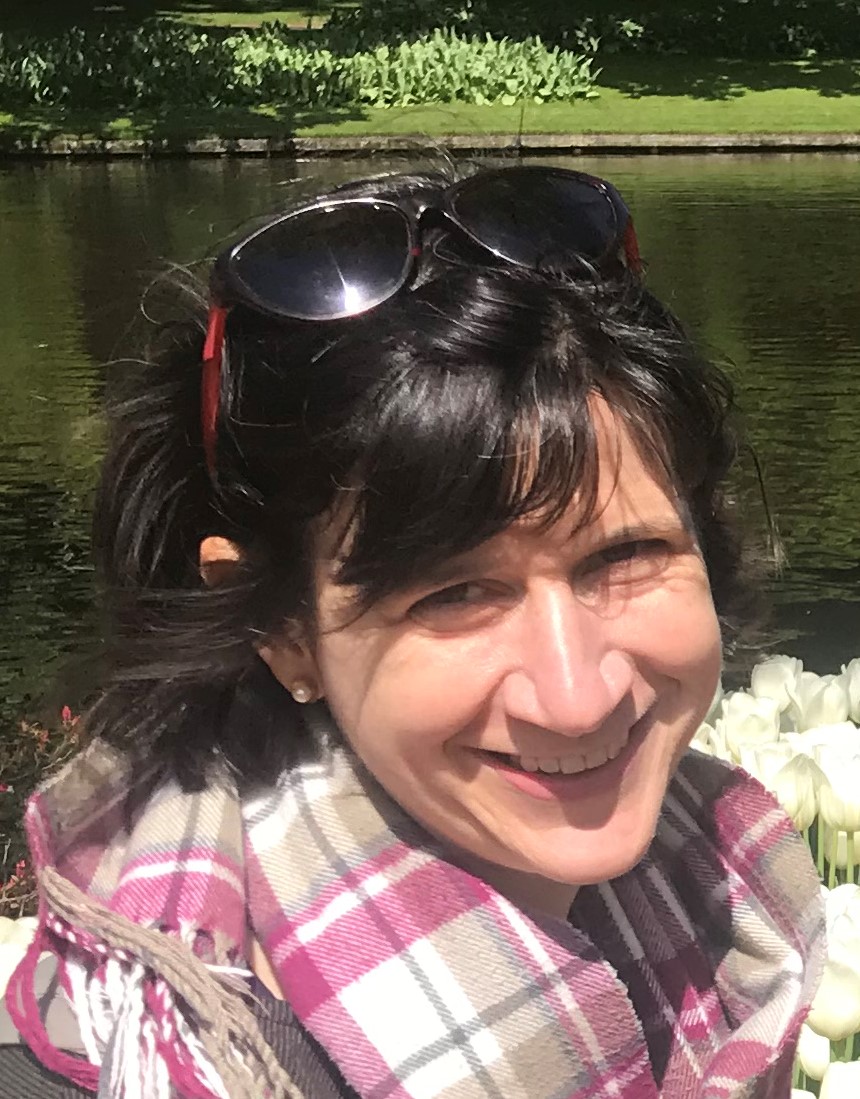 Postdoctoral Research Associate
Postdoctoral Research Associate
E-Mail: l.rissman@wisc.edu 394 Psychology Building
The mapping between semantic and conceptual knowledge; What pressures lead languages to be similar to each other, and what pressures lead languages to differ? How do these pressures affect learning, and what is the structure of the linguistic knowledge children will ultimately acquire? I specifically focus on event representation, verb meaning and thematic roles.
Molly Farry-Thorn
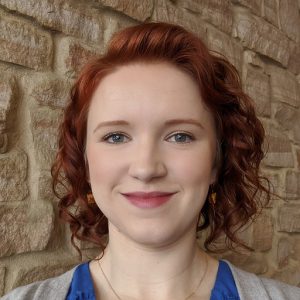 Postdoctoral Research Associate
Postdoctoral Research Associate
E-Mail: mfarrythorn@wisc.edu 611 Psychology Building
Working on projects to inform the public—including teachers, parents, policymakers, and school administrators—about research on reading.
Graduate Students
Mark Koranda
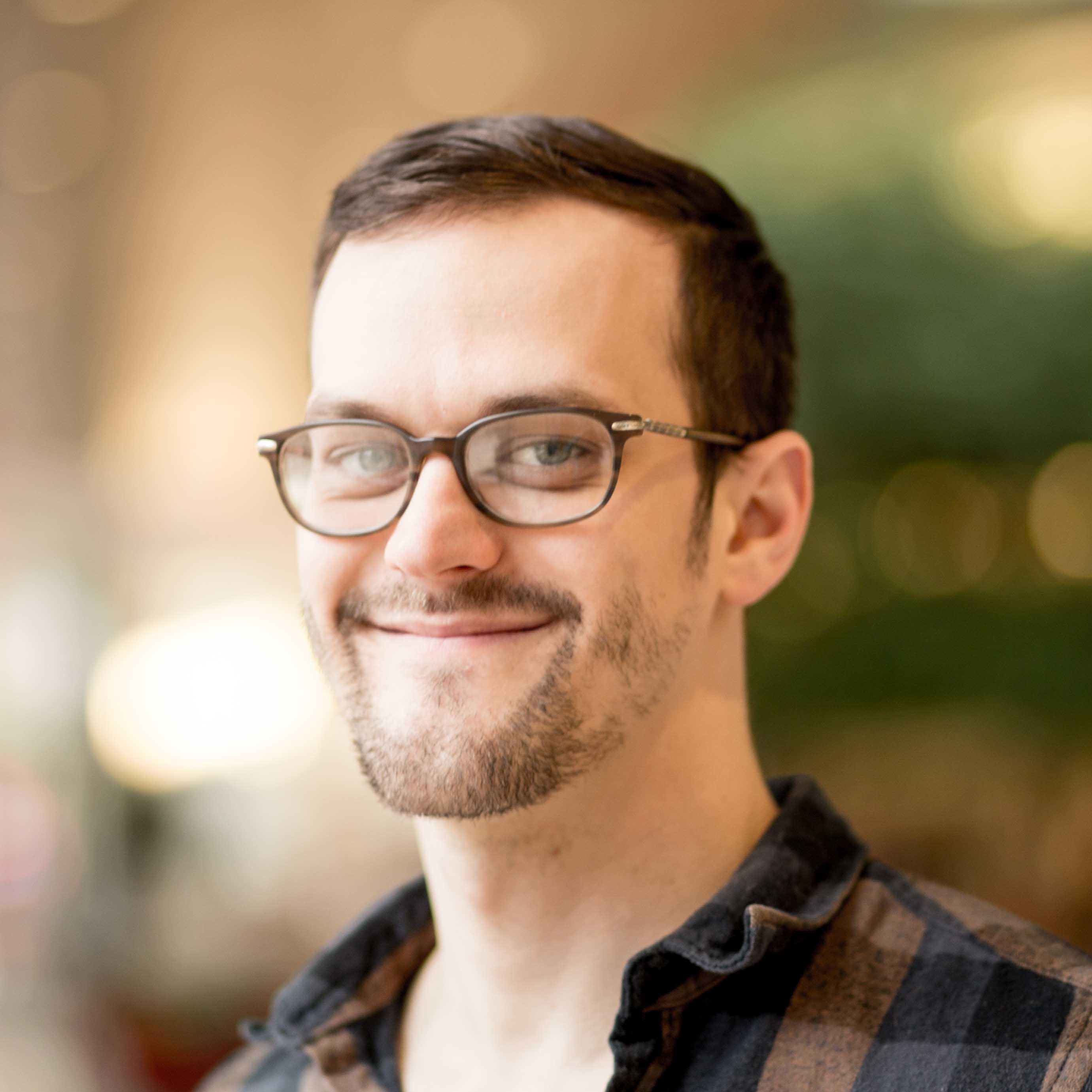 Graduate Student
Graduate Student
E-Mail: mjkoranda@wisc.edu 618 Psychology Building
Planning of sentence structure and word choice in speech production and (signed language) modality effects in production.
Elise Hopman
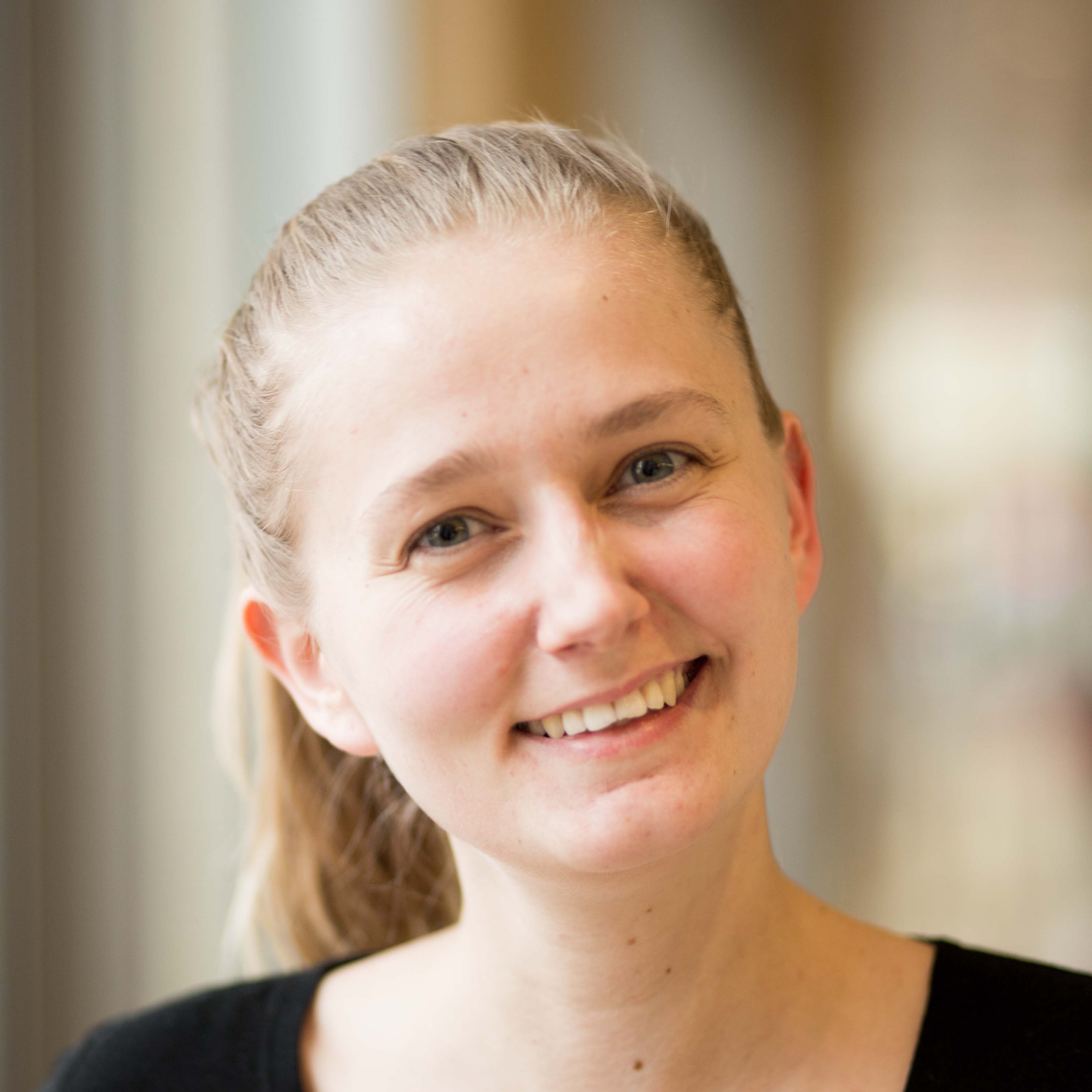 Graduate Student
Graduate Student
E-Mail: hopman@wisc.edu 618 Psychology Building
The differential roles that language production and language comprehension might play during language learning.
Matt Cooper Borkenhagen
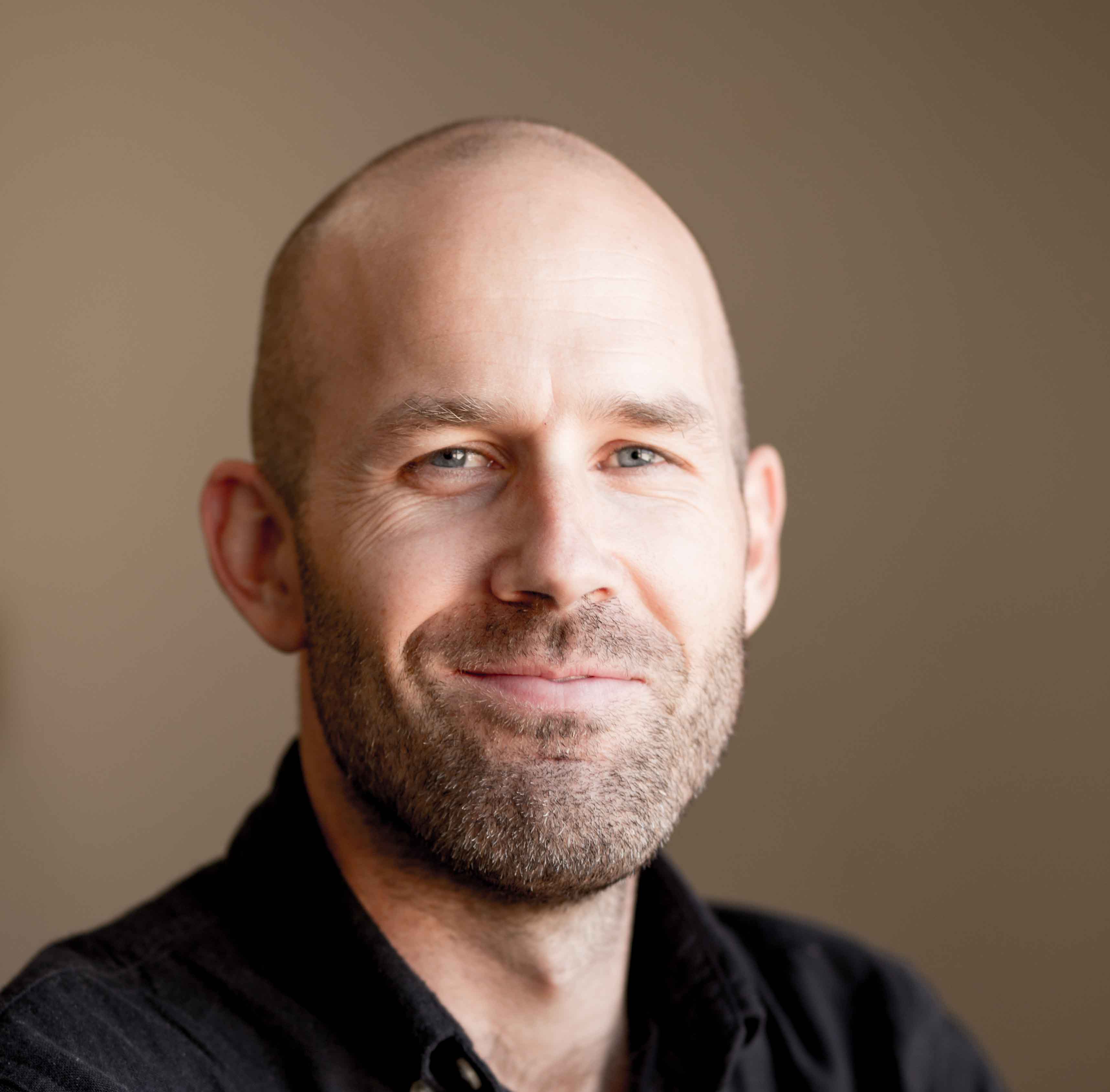 Graduate Student
Graduate Student
E-Mail: cooperborken@wisc.edu 610 Psychology Building
Language in reading performance in both typically and atypically developing populations.
Steve Schwering
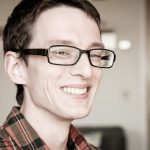 Graduate Student
Graduate Student
E-Mail: schwering@wisc.edu 618 Psychology Building
Memory and language production planning; syntax and other forms of hierarchical planning learned from experience.
Arella Gussow
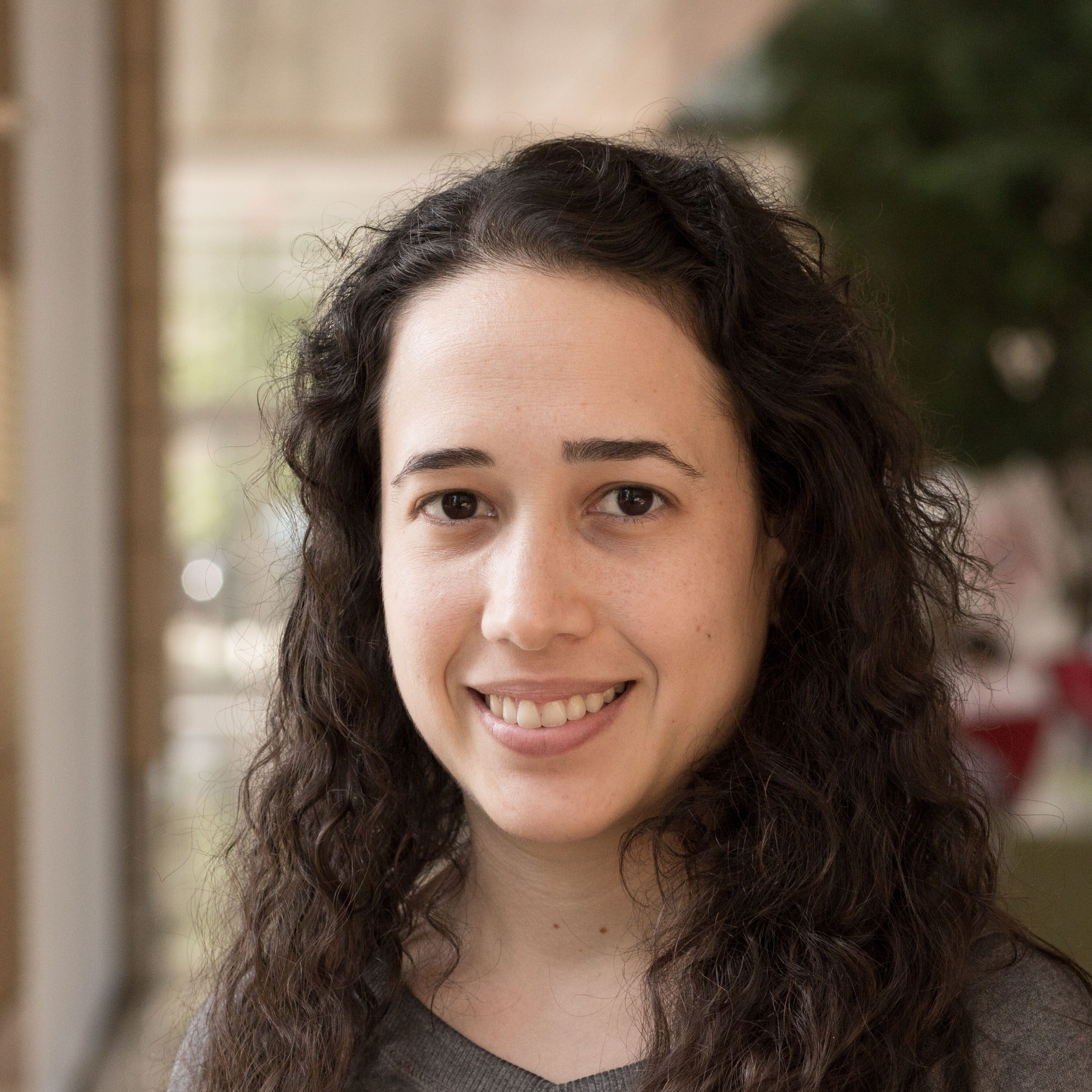 Graduate Student
Graduate Student
E-Mail: gussow@wisc.edu 618 Psychology Building
Language production under uncertainty, serial ordering in language and motor action.
Matt Borman
E-Mail: borman@wisc.edu 610 Psychology Building
The relationship between the structures of language and the ways we come to understand and describe the world around us.
Lab Manager
Misty Kabasa
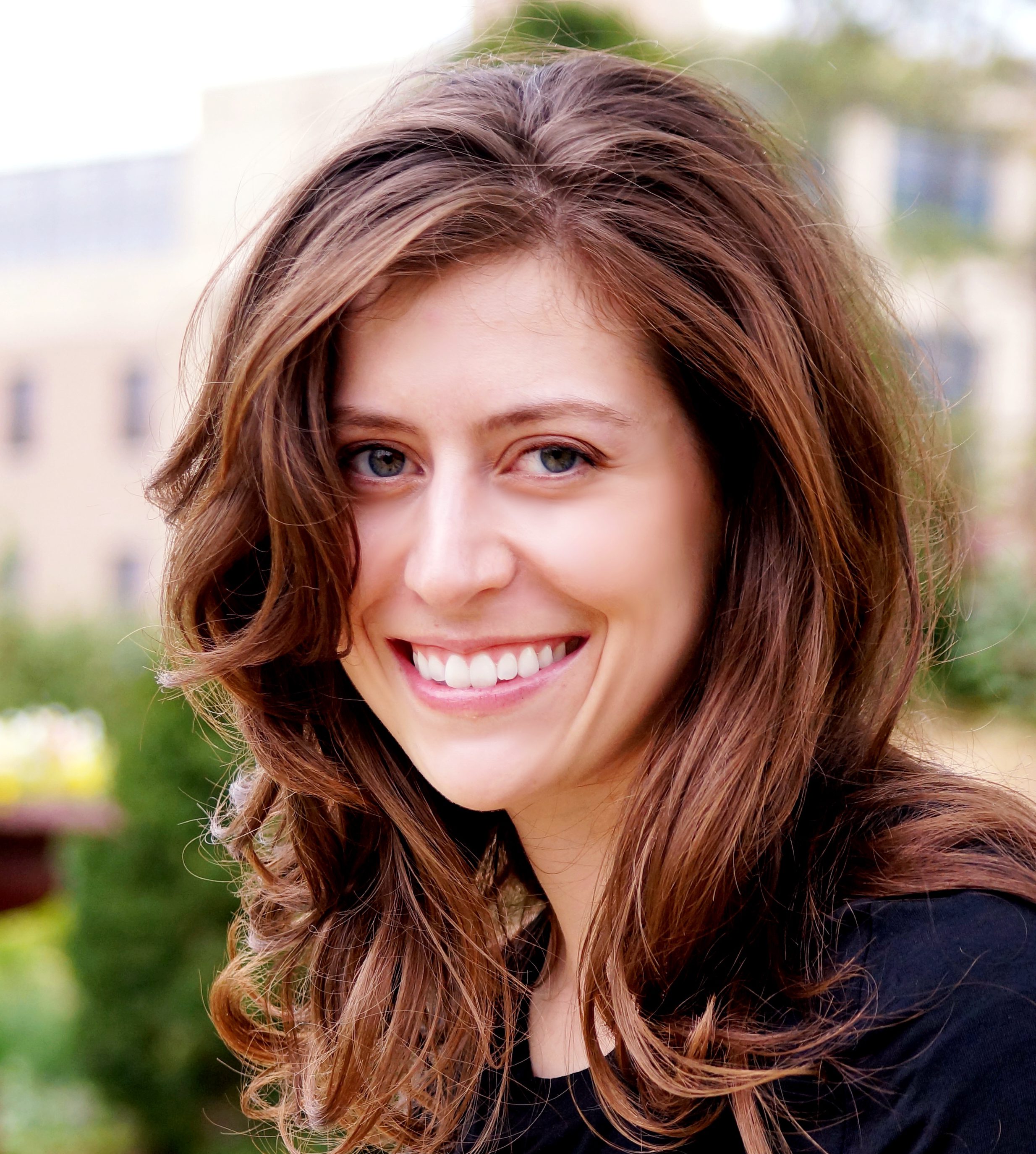 Lab Manager
Lab Manager
E-Mail: kabasa@wisc.edu 611 Psychology Building
Language variation, language acquisition, phonetics, speech science and sociolinguistics.
Research Assistants
Josh Geiger
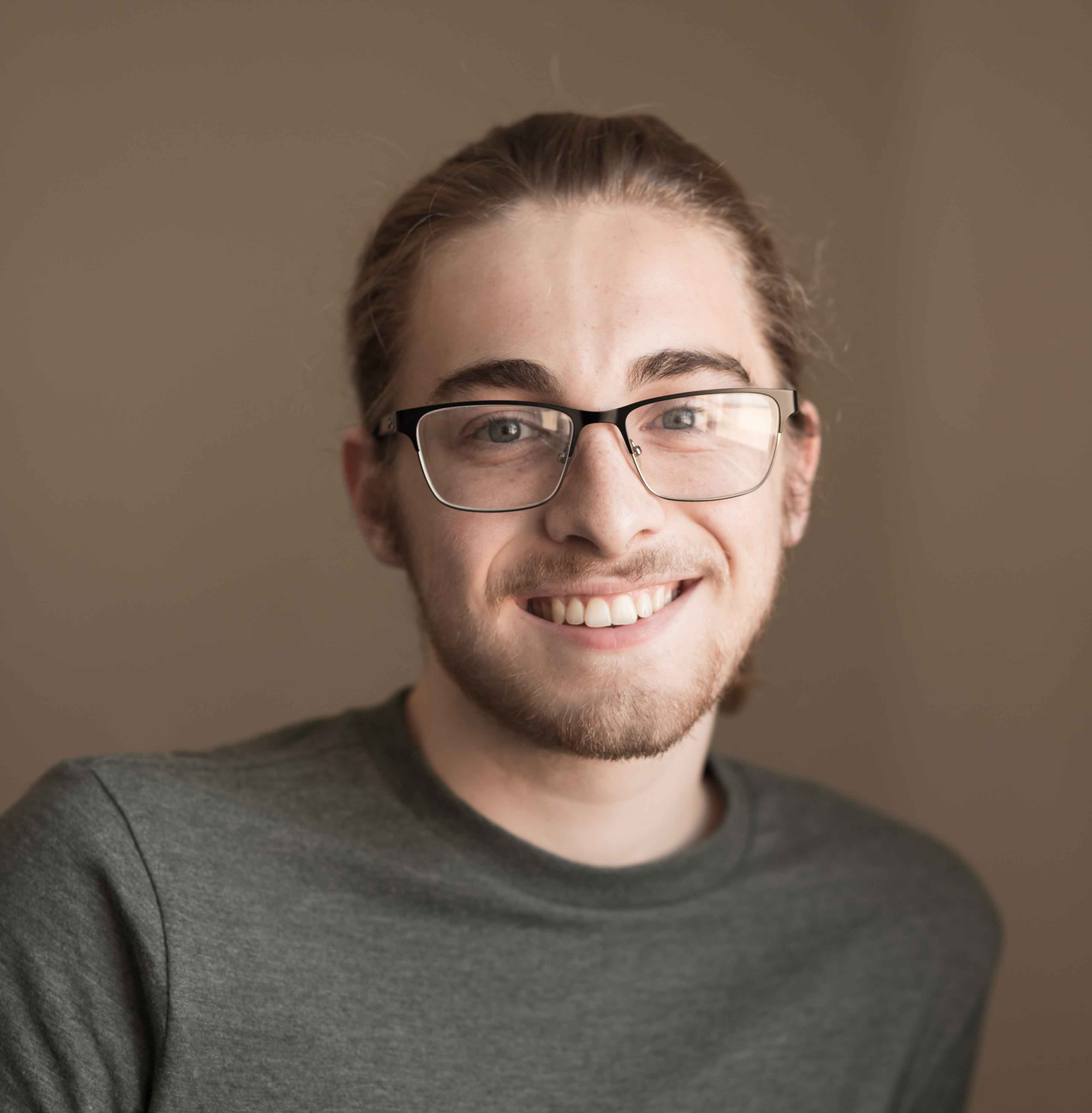 Undergraduate Student
Undergraduate Student
B.S. Psychology. 2019
E-Mail: geiger4@wisc.edu
I am interested in how language impacts how we think about other areas of cognition, specifically other academic fields.
Emily Perez
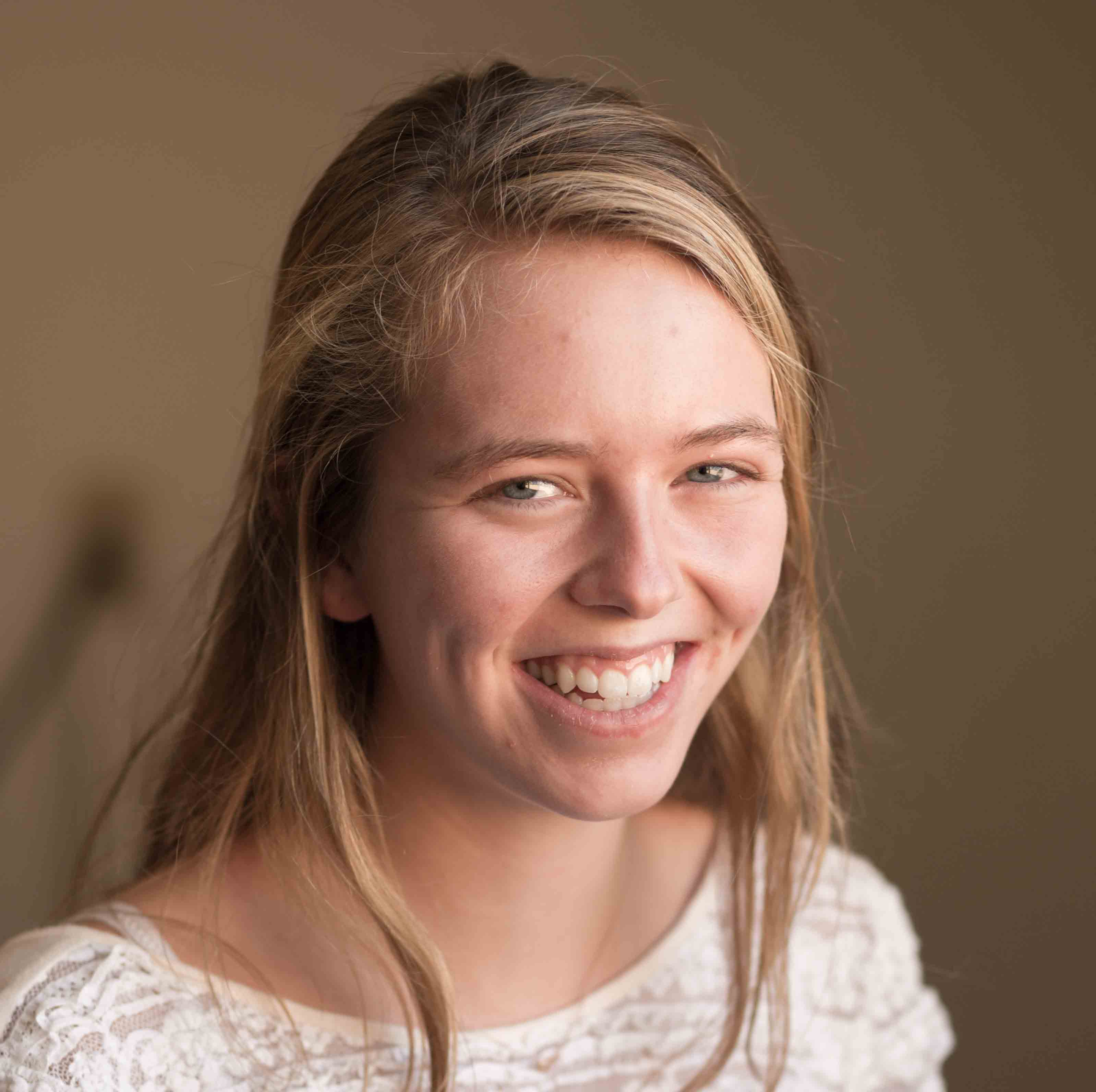 Undergraduate Student
Undergraduate Student
B.S. Economics and German, Certificate in Global Health. 2020.
E-Mail: eperez4@wisc.edu
I am interested in the factors contributing to the 30 million word gap and the reading differences between socioeconomic groups.
Chenli Wang
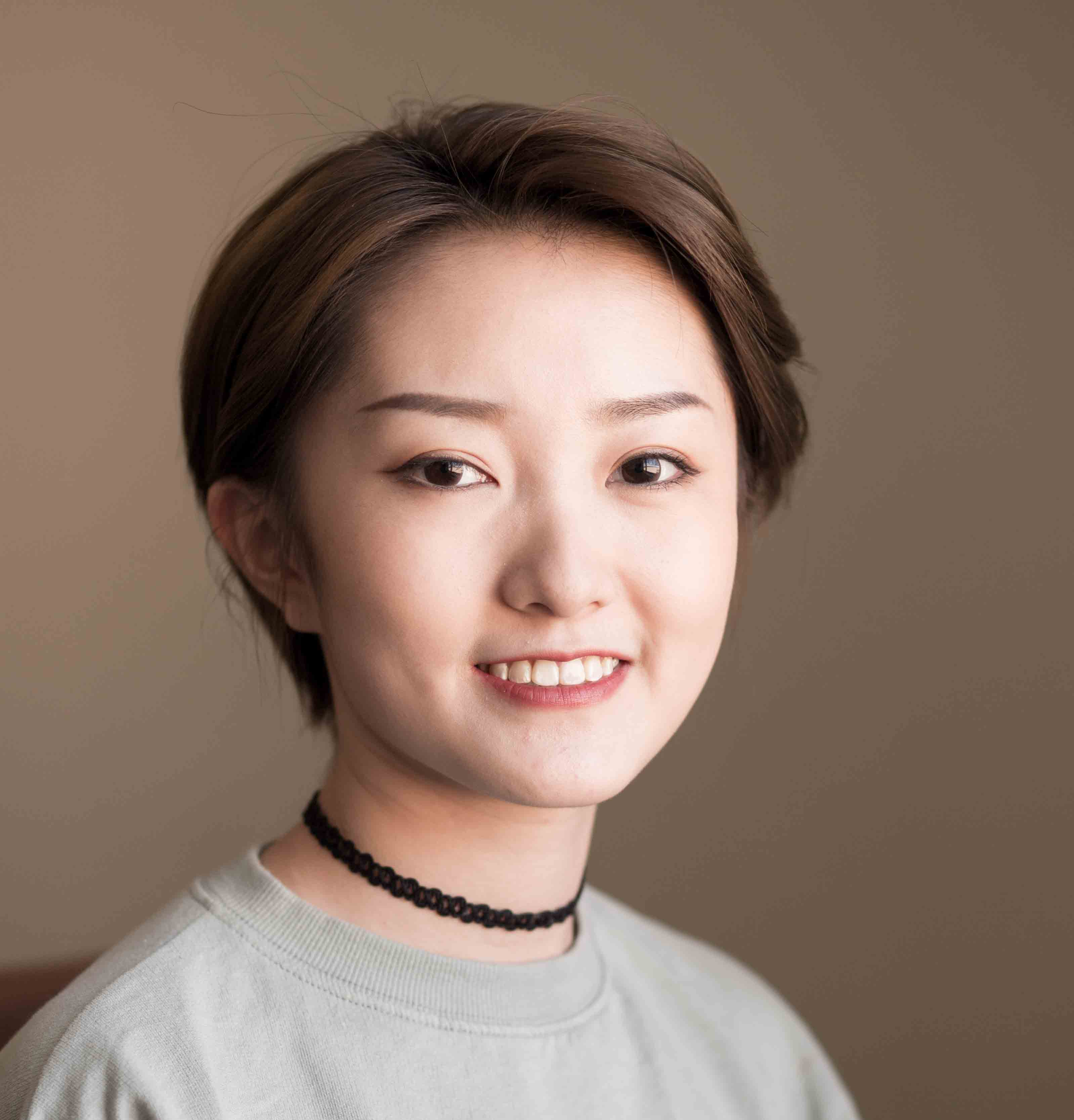 Post-Bac
Post-Bac
B.S. Psychology. 2019.
E-Mail: cwang496@wisc.edu@wisc.edu
I am interested in second language acquisition.
Avalon McDonald-Lewis
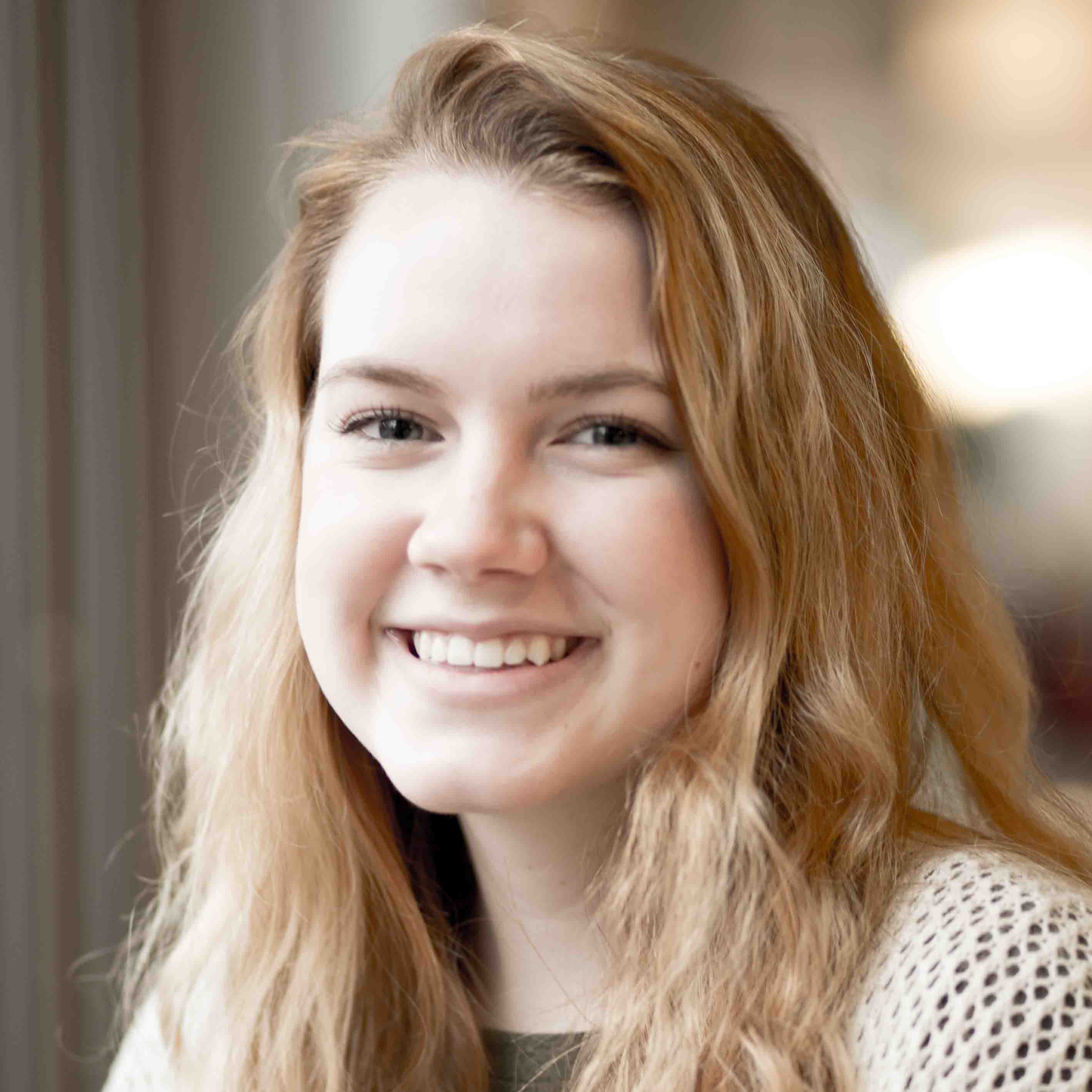 Undergraduate Student
Undergraduate Student
B.S. Psychology and Spanish. 2021.
E-Mail: amcdonaldlew@wisc.edu
I enjoy learning about the biological bases of psychology, language, and the brain.
Carissa Witthuhn
B.A. Communication Sciences and Disorders, Certificate in Gender and Women’s Studies. 2020.
E-Mail: witthuhn2@wisc.edu
Najhee Purdy
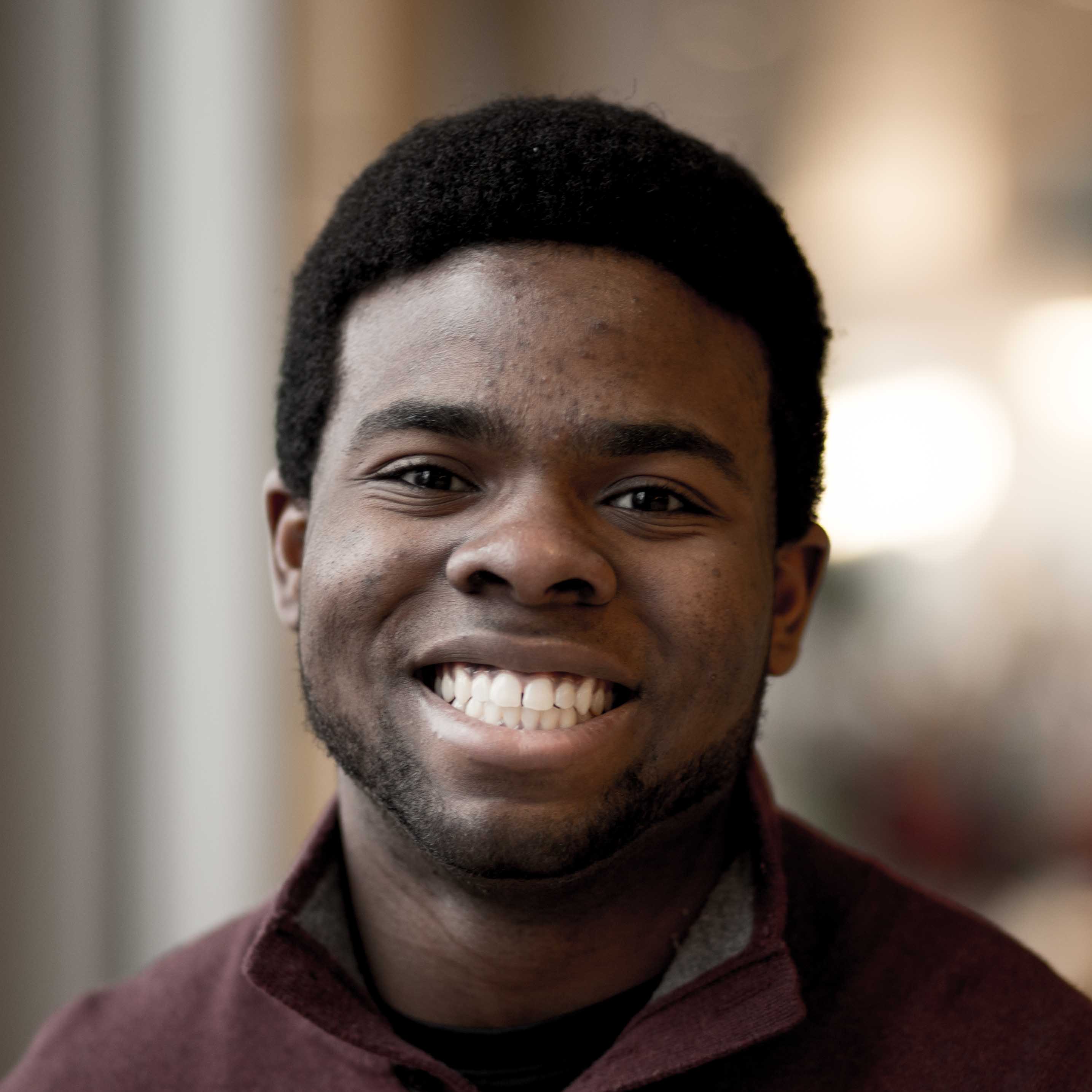 Undergraduate Student
Undergraduate Student
B.S. Biochemistry, Certificate in Global Health. 2021.
E-Mail: npurdy@wisc.edu
I am interested in the cognitive differences between monolinguals and bilinguals and the underlying mechanisms that cause these differences.
Sydney Polzin
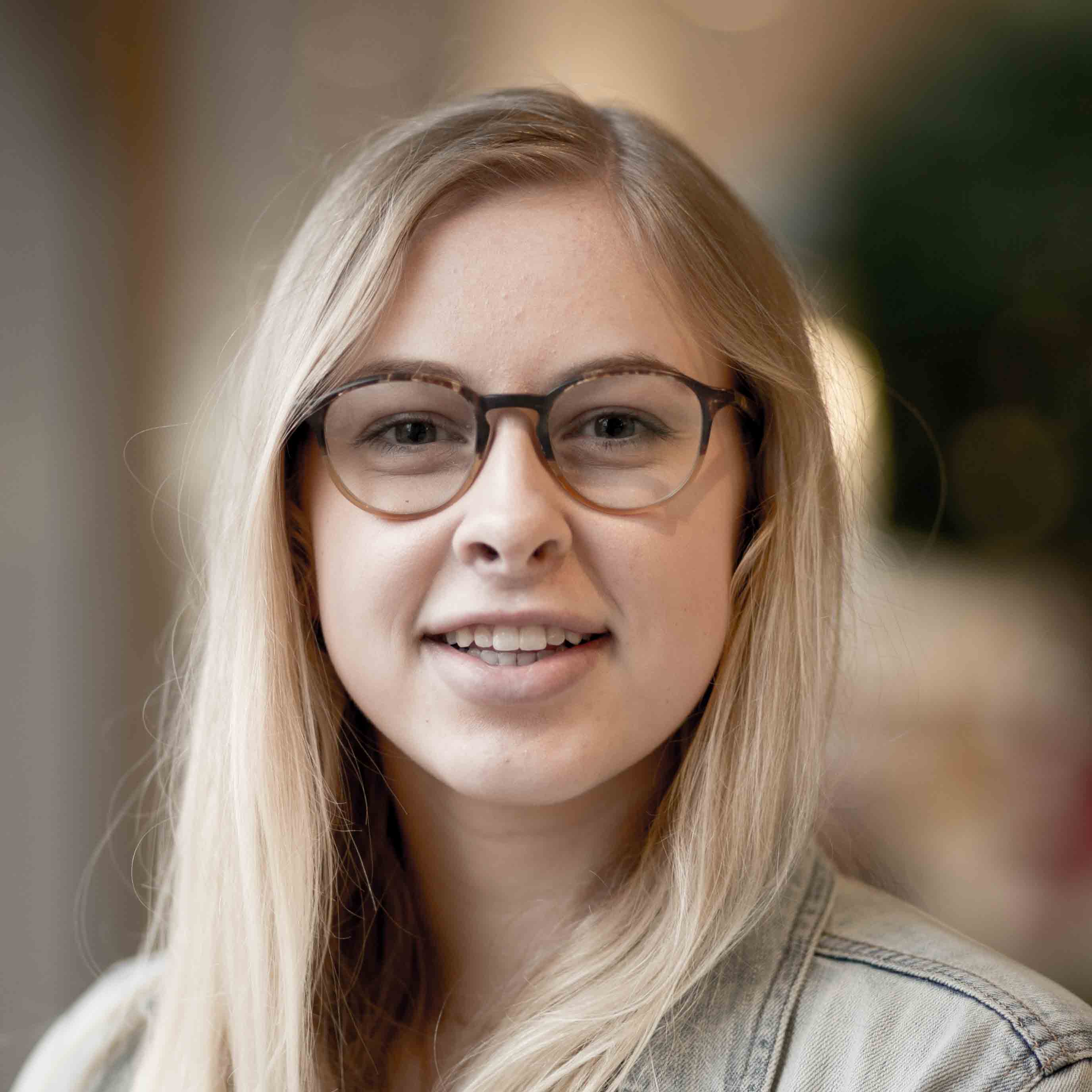 Undergraduate Student
Undergraduate Student
Undeclared. 2021.
E-Mail: sepolzin@wisc.edu
I am interested in the relationship between culture and language and bilingualism.
Lauren Schilling
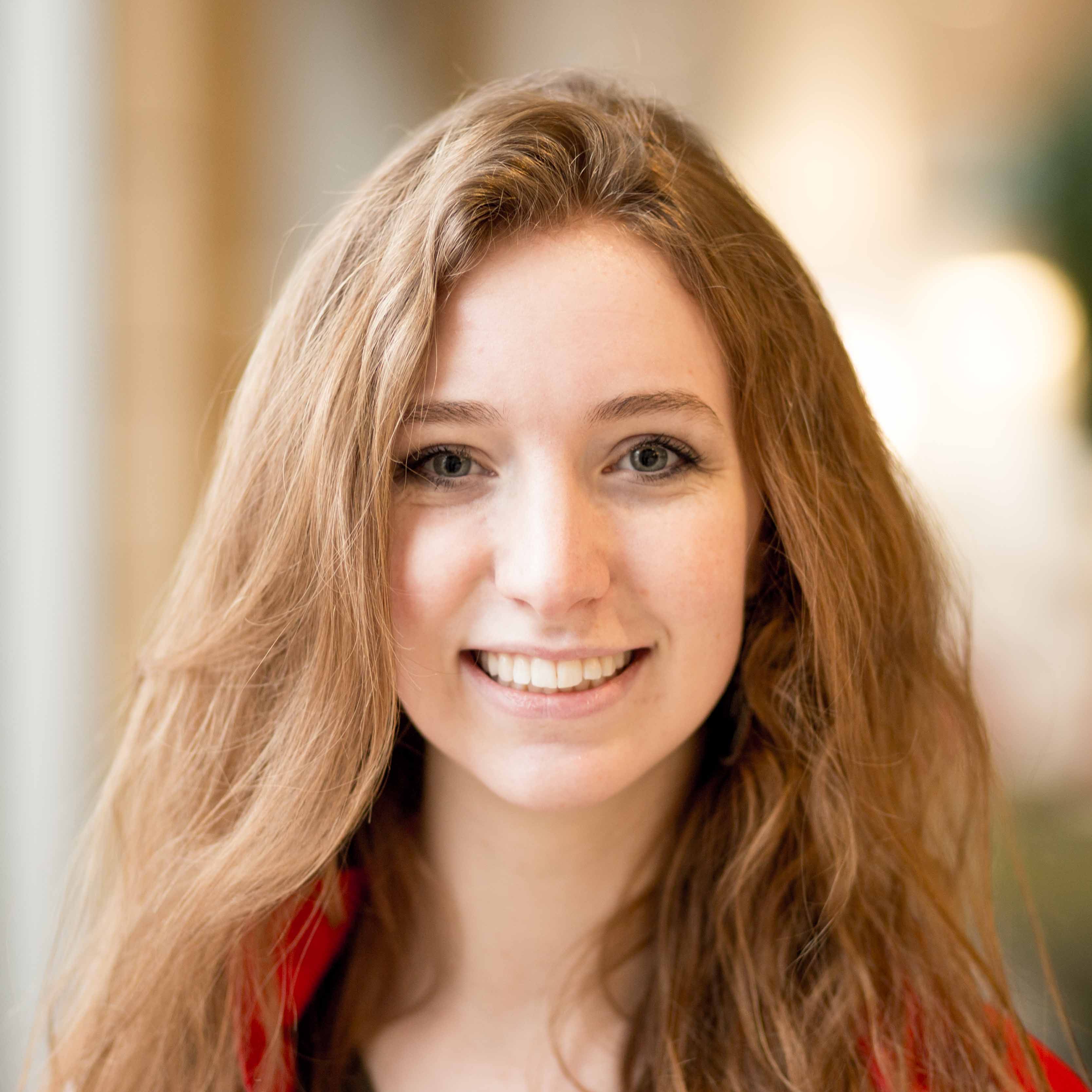 Undergraduate Student
Undergraduate Student
B.S. Psychology, Certificate in Education and Educational Services (EES), Certificate in Educational Policy Studies. 2021.
E-Mail: lpschilling@wisc.edu
I am interested in reading processes/acquisition and their application in school settings.
Sylvannah Lang
B.S. Psychology with Neuroscience Concentration. 2020.
E-Mail: slang3@wisc.edu
I enjoy uncovering the brain’s countless functions in our everyday lives. I am intrigued by language production, planning, learning and retention.
Skye Stanwich
B.A. Psychology, Certificate in Gender and Women’s Studies. 2021
E-Mail: stanwich@wisc.edu
I am interested in developmental psychology and the cognitive processes involved in language.
Elena Groves
B.A. Communication Sciences & Disorders & Linguistics. 2021.
E-Mail: ekgroves@wisc.edu
As an aspiring speech-language pathologist, a few of my interests include language acquisition, bilingualism, and communication/hearing deficits.
Mengyuan Yang
B.S. Psychology & Biology. 2021.
E-Mail: mwang387@wisc.edu
I am interested in how language embodies our mind and thoughts.
River Steen
B.S. Psychology & Communication Sciences and Disorders. 2022.
E-Mail: rjsteen@wisc.edu
Miriam Lebowitz
B.S. Psychology & Computer Science. 2021.
E-Mail: melebowitz@wisc.edu
I’m interested in learning about constructed languages and how they can help us better learn about language acquisition.
Rubiarbriana Jamison
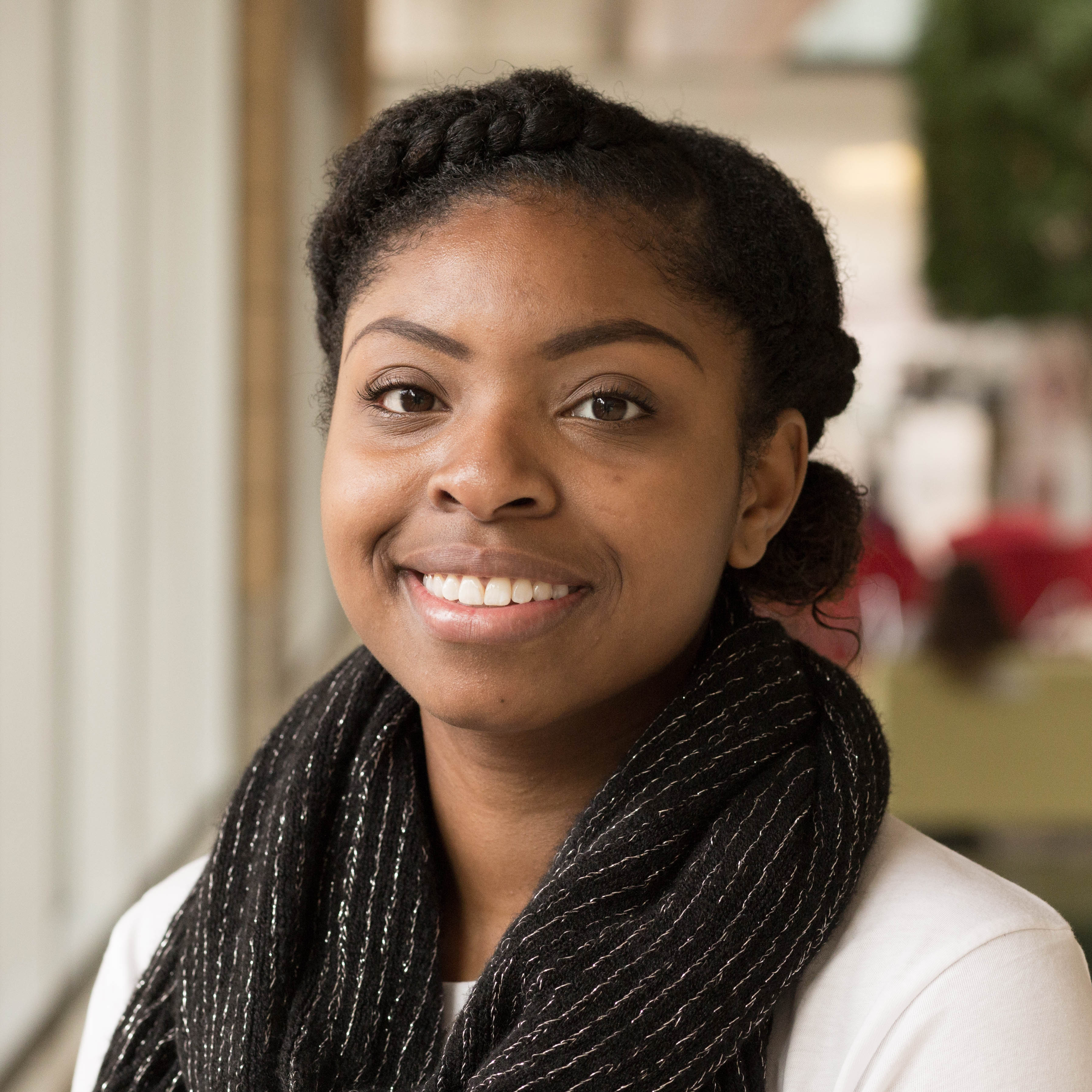 Undergraduate Student
Undergraduate Student
B.S. Psychology. 2021.
E-Mail: rejamison@wisc.edu
I’m aspiring to go to grad school and become a clinical psychologist.
Kaycie Barron
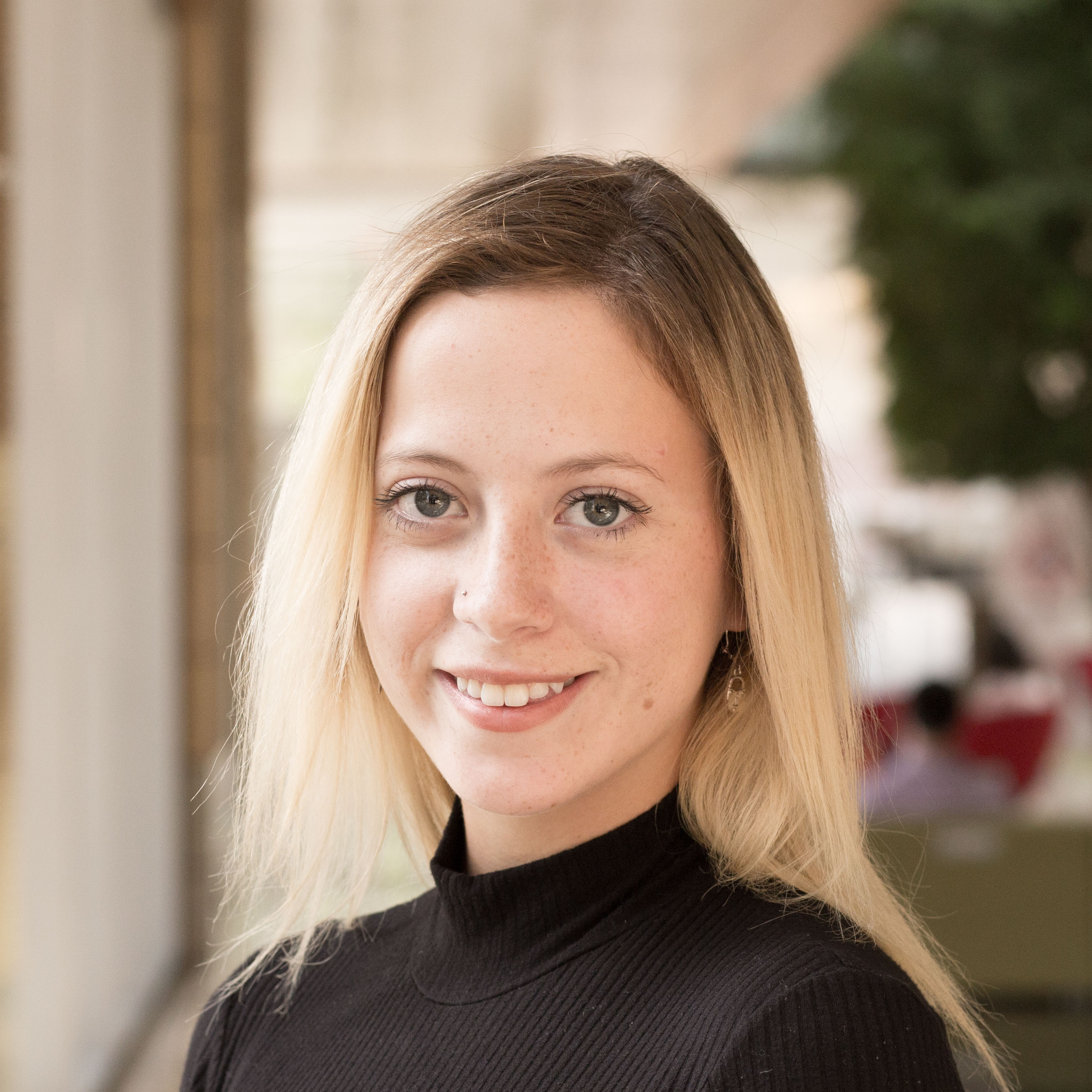 Undergraduate Student
Undergraduate Student
B.S. Psychology and Spanish. 2022.
E-Mail: kdbarron@wisc.edu
I am interested in learning about what makes language pedagogies/curricula effective and hope to learn more about language acquisition.
Sarah McLeod
B.S. Psychology & English, Certificate in Gender and Women’s Studies. 2022.
E-Mail: smcleod2@wisc.edu
Hannah Bressi
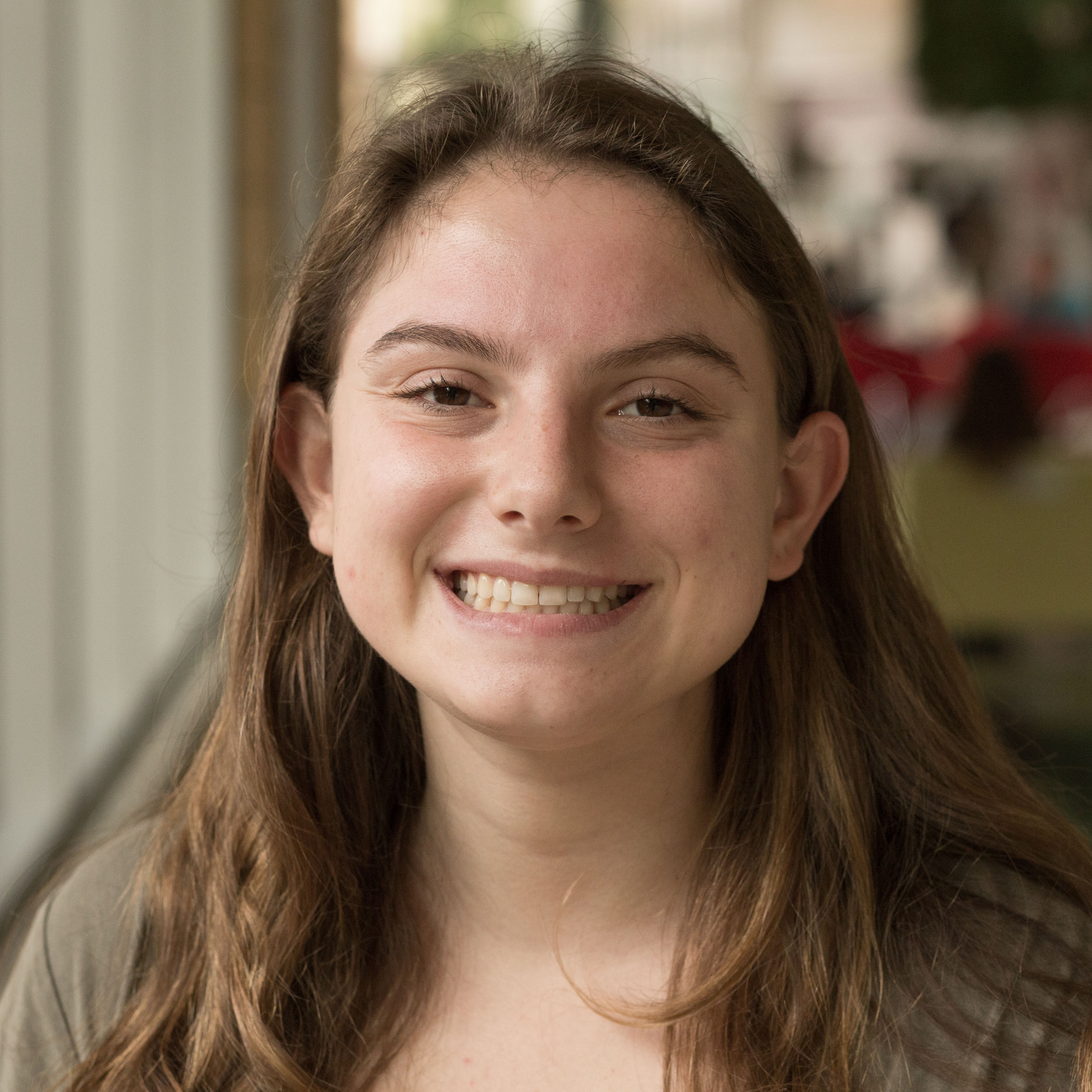 Undergraduate Student
Undergraduate Student
B.S. Psychology and Studio Art. 2021.
E-Mail: bressi@wisc.edu
I am a sophomore studying psychology from Philadelphia, PA.
Dasha Yermol
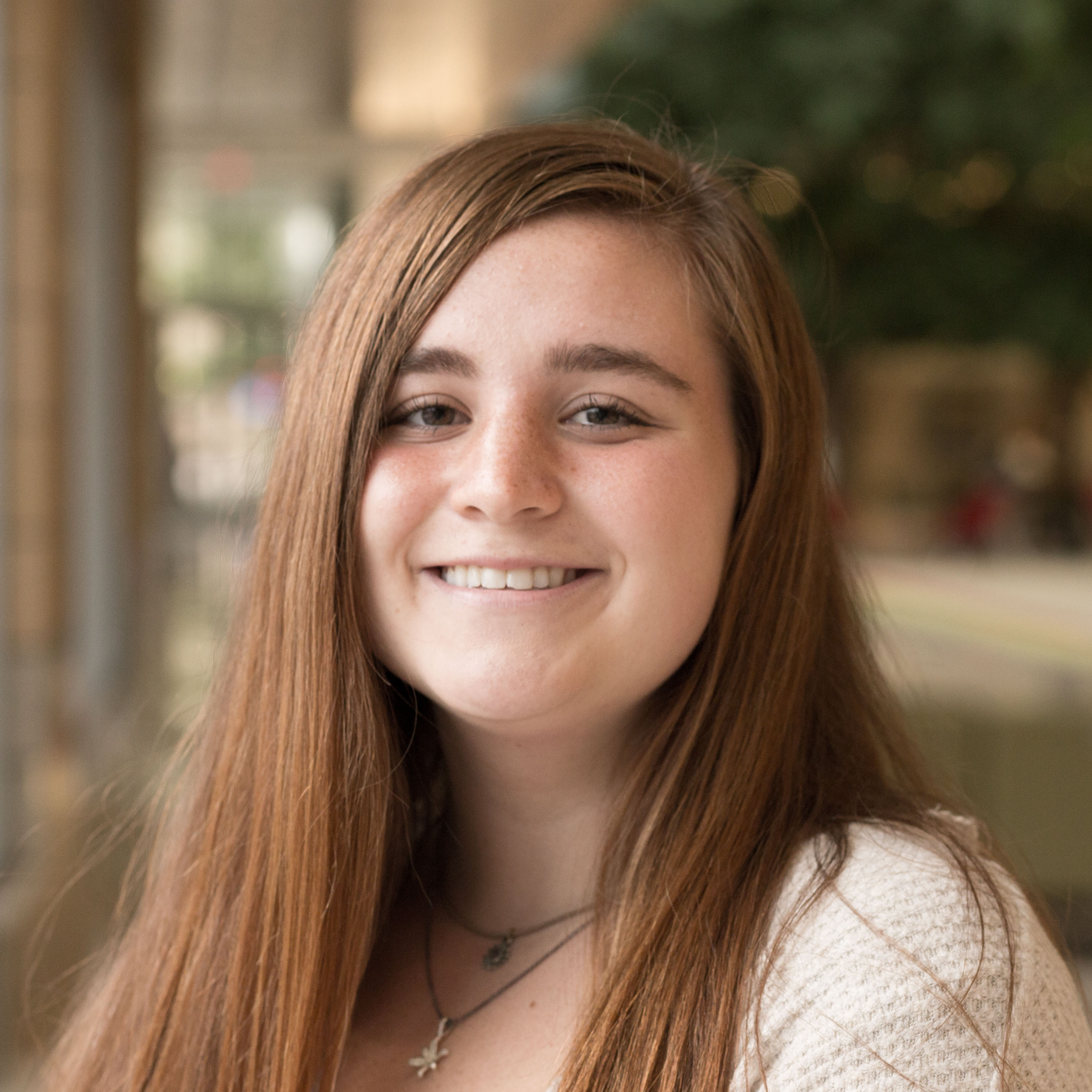 Undergraduate Student
Undergraduate Student
B.S. Psychology. 2021.
E-Mail: yermol@wisc.edu
I am interested in cognitive psychology and the relationship between language and thought.
Sichao Yang
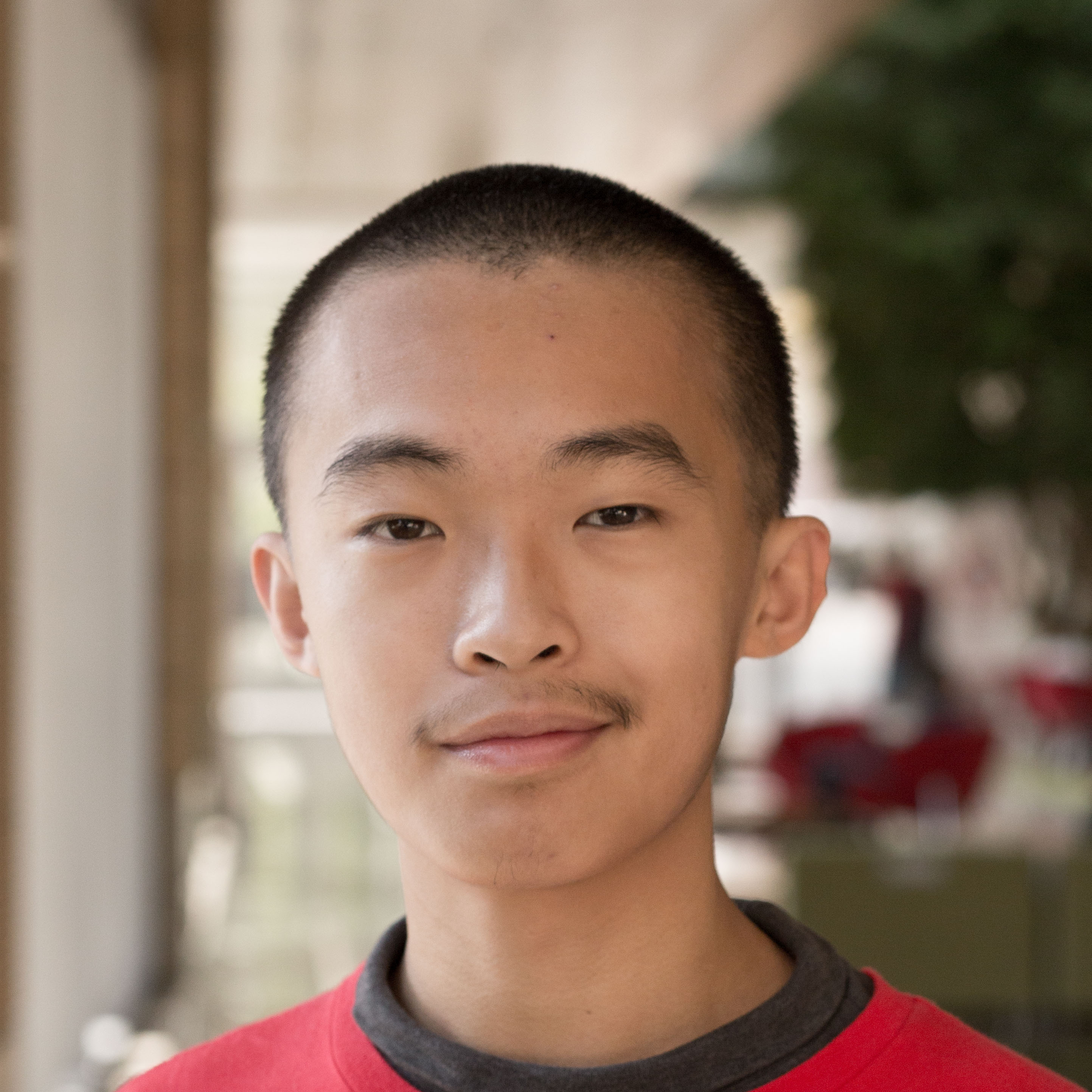 Undergraduate Student
Undergraduate Student
B.S. Psychology, Mathematics, Computer Science. 2020.
E-Mail: syang4546@wisc.edu
I am exploring the intersection of human and artificial intelligence research.
Beixi Dong
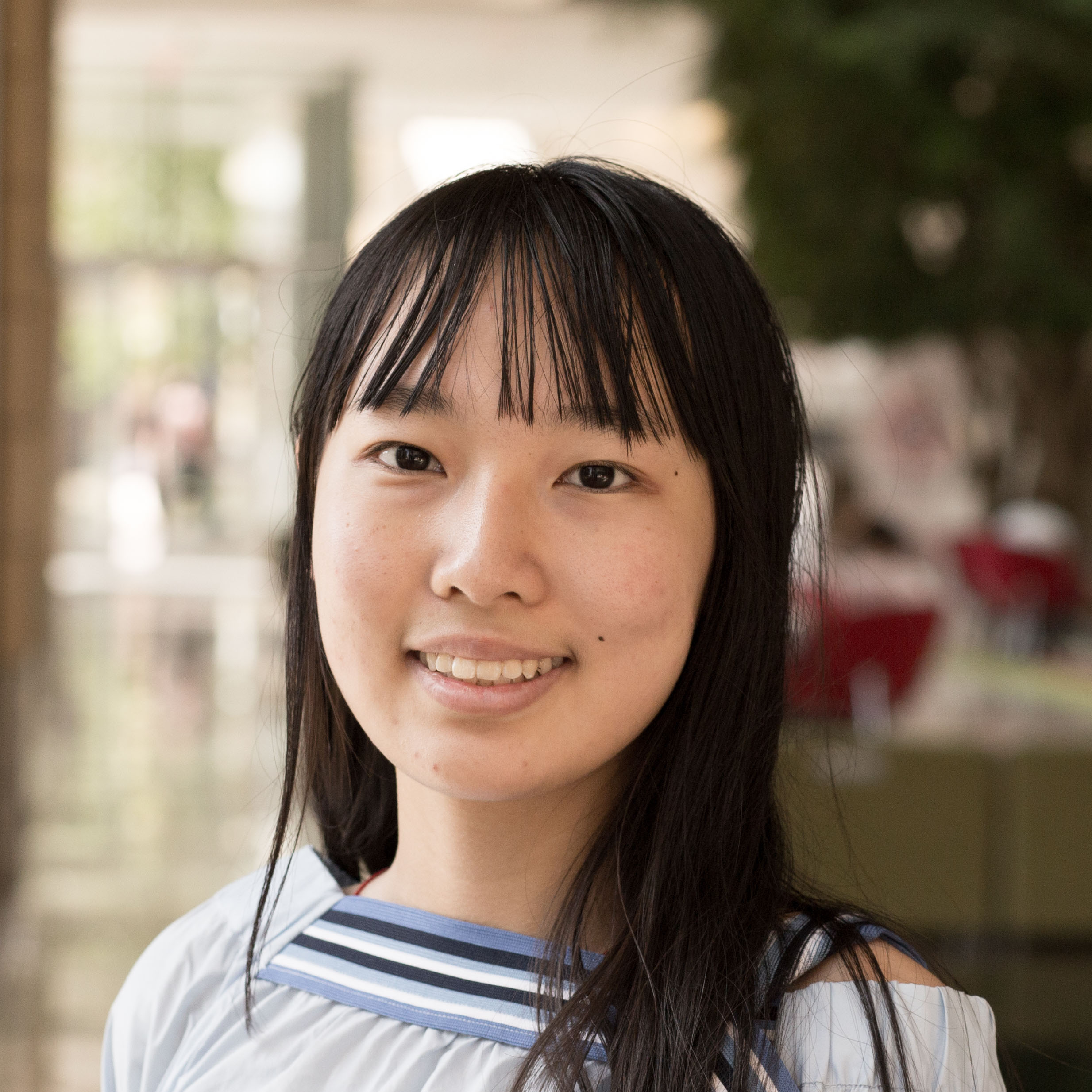 Undergraduate Student
Undergraduate Student
B.S. Psychology, Statistics. 2021.
E-Mail: bdong28@wisc.edu
I love psychology, statistics and cats.
Yuzhe Gu
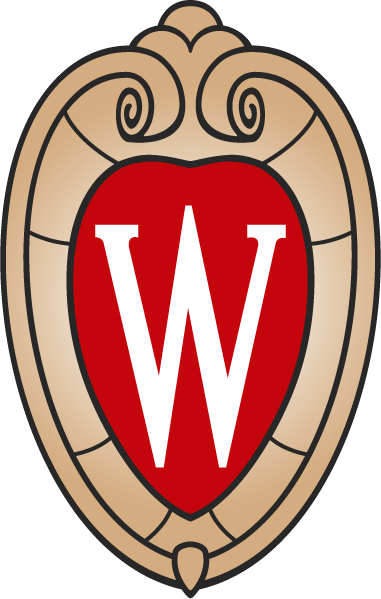 Undergraduate Student
Undergraduate Student
B.S. Computer Science, Psychology. 2021.
E-Mail: gu73@wisc.edu
I am an undergraduate and I am interested in participating in psychology research.
Kristin Mccloskey
 Undergraduate Student
Undergraduate Student
B.S. Communication Sciences & Disorders. 2020.
E-Mail: mccloskey2@wisc.edu
I am interested in language acquisition, and what impacts atypical circumstances can have on language development.
Quin Perrault
B.S. Neurobiology, Certificate in Health and Humanities. 2021.
E-Mail: qperrault@wisc.edu
Shangfeng Jin
 Undergraduate Student
Undergraduate Student
B.S. Psychology & Computer Sciences & Mathematics, Certificate in Japanese. 2020.
E-Mail: sjin59@wisc.edu
Liana Keivanfar
B.S. Communication Sciences and Disorders. 2020
E-Mail: keivanfar@wisc.edu
Pursuing a career in speech and language pathology and specifically interested in bilingualism with children.
Liz Hellrung
B.S. Psychology and Communication Sciences and Disorders. 2021
E-Mail: hellrung@wisc.edu
I am interested in dialects, why language use differs in different contexts and speech pathology.
Richard Horn
B.S. Linguistics, B.A. Computer Science, Certificate in Political Economy, Philosophy, and Politics. 2021
E-Mail: rhorn5@wisc.edu
I am a first-year undergraduate, exploring and utilizing Computational Linguistics to understand more about the structure of language and the relation between memory and language.
